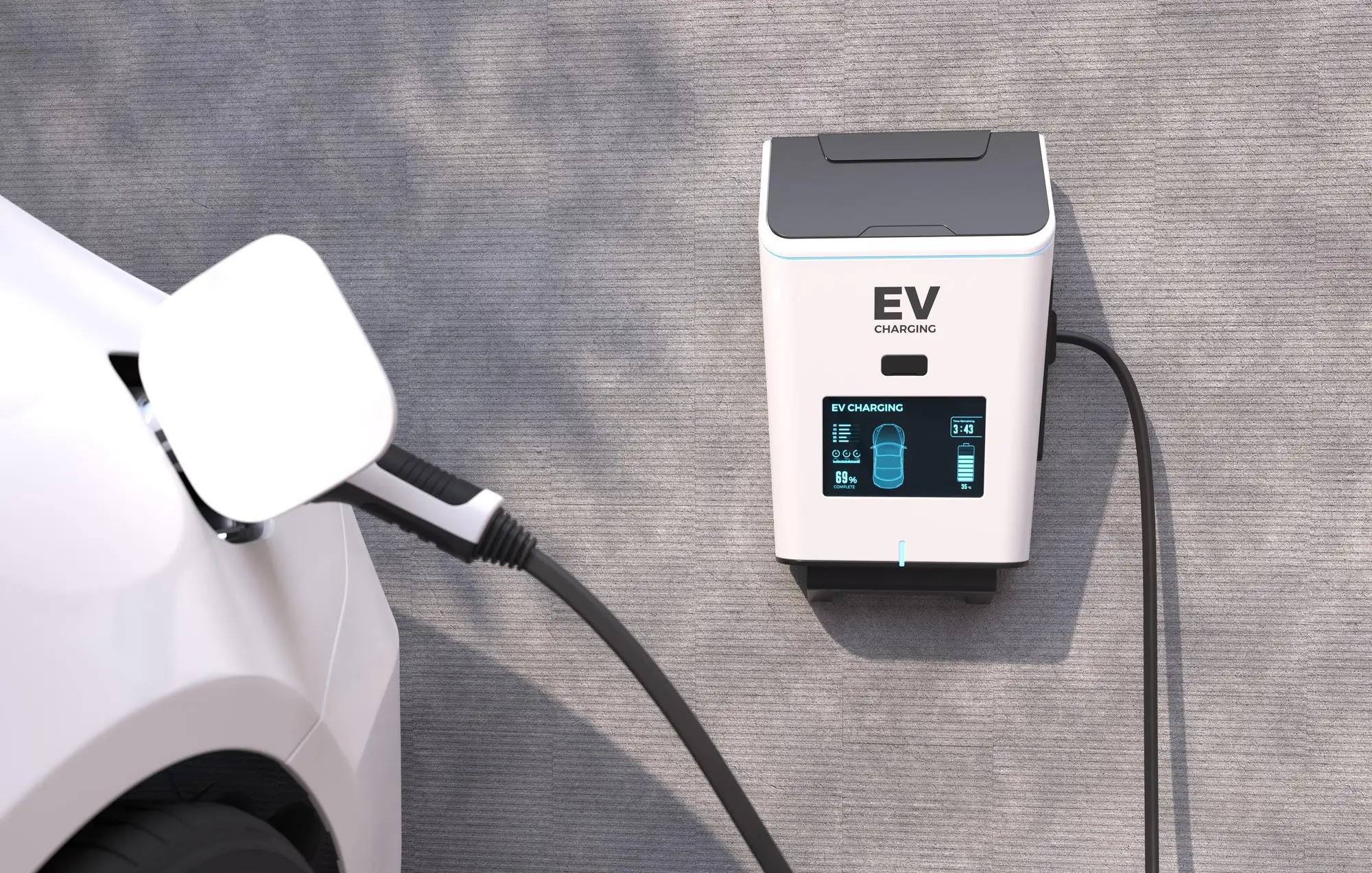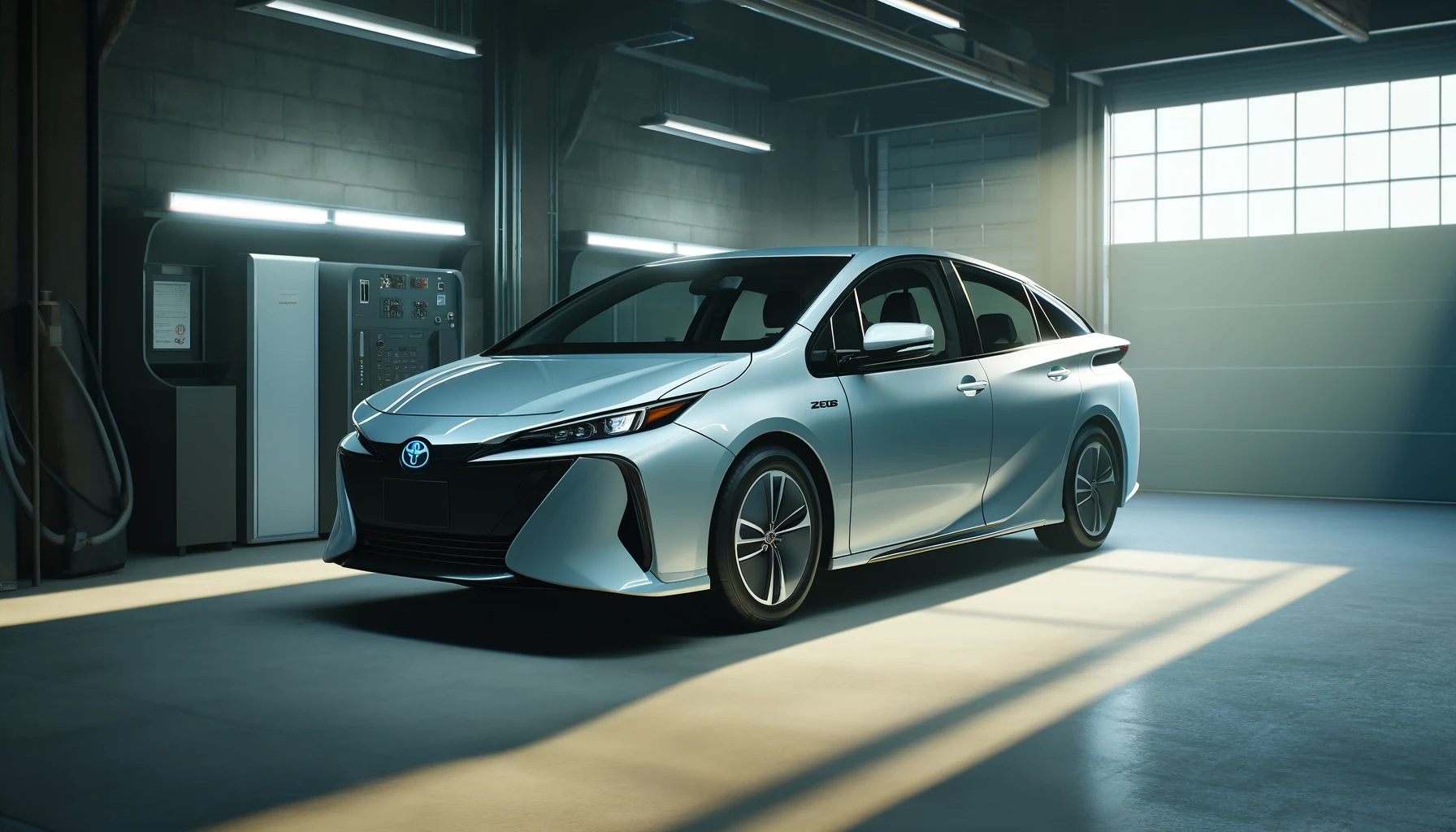Used Car Warranty: Everything You Need to Know (PDF)
Used car warranties – also known as extended car warranties – offer solid protection against reliability issues. Do they always make sense? Unfortunately, many people buy warranty coverage and never use it. That’s because the car covered never requires them to file a warranty claim.
In light of that, you may be wondering when to buy a used car warranty, and where should you buy it.
When Should You Buy a Used Car Warranty?
Used car warranties can be beneficial in certain situations. However, one of the most important factors to consider is the reliability of the model and make. An investment in coverage could be wise if the vehicle has a poor history of dependability and the original manufacturer’s warranty is no longer valid.
How Should You Choose a Used Car Warranty?
Know that not all warranties are equal. Therefore, it’s crucial to be discerning when buying a used car warranty.
In choosing coverage, there’s one crucial question: Is it an exclusionary or inclusionary warranty? What’s the difference and why does it matter?

In an exclusionary warranty, all items are covered except for those it excludes. The exclusions are listed. This type of warranty ensures transparency. It lets you know what is and isn’t covered.
Different from an exclusionary warranty, an inclusionary covers specific components specified in the warranty terms. With hundreds of parts in a car, the coverage provided by this type of warranty is limited. It’s easy to imagine a scenario in which your car develops a problem that is not covered by the warranty terms with this type of coverage.
Exclusionary warranties are the best option due to their comprehensive nature and inherent transparency. They offer a better guarantee that you’ll be covered when you need it.
When It’s Better to Not Buy a Used Car Warranty?
- Manufacturer’s warranty still covers the car
- Warranty costs are comparable to repair costs
- Reliability history is a strength of the car
The benefits of buying a used car warranty
- You can avoid steep repair costs with used car warranties
- You can customize your coverage with them
- You can extend the life of your car with warranties
The cons of buying a used car warranty
- Costs associated with warranties can be burdensome
- Warranty coverage may never be needed
Is it Better to Buy a Used Car Warranty from a Dealership or From Another Provider?
It can be convenient to purchase coverage from a dealership since you can make the purchase at the same time as your vehicle purchase.
It is also possible to buy online from another provider. This allows you to purchase in the comfort of your own home without having to deal with a salesperson.
The company backing your warranty is an important consideration. Look for a provider with a history of reliable service, and cross-shop since this allows you to compare rates.




